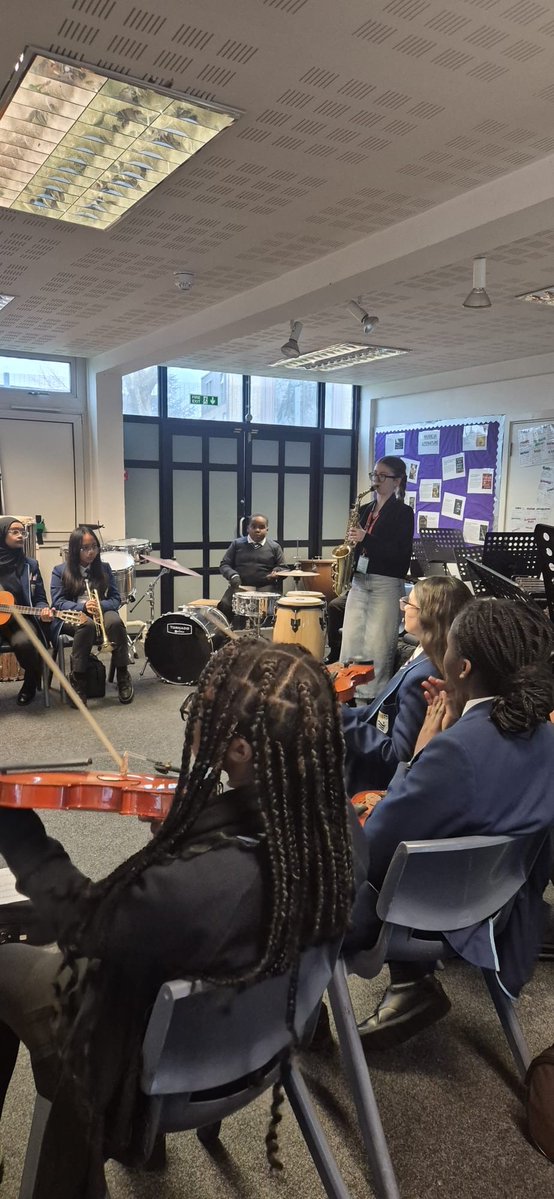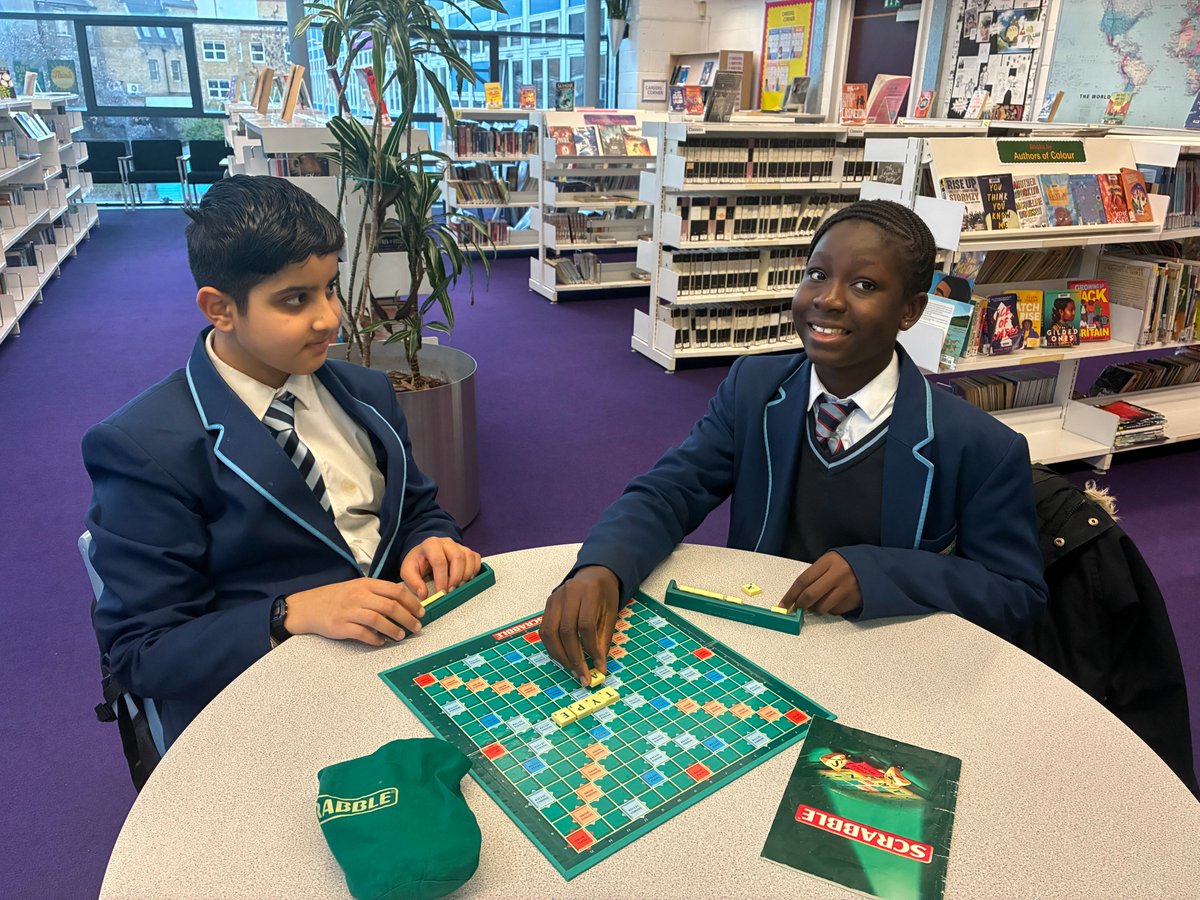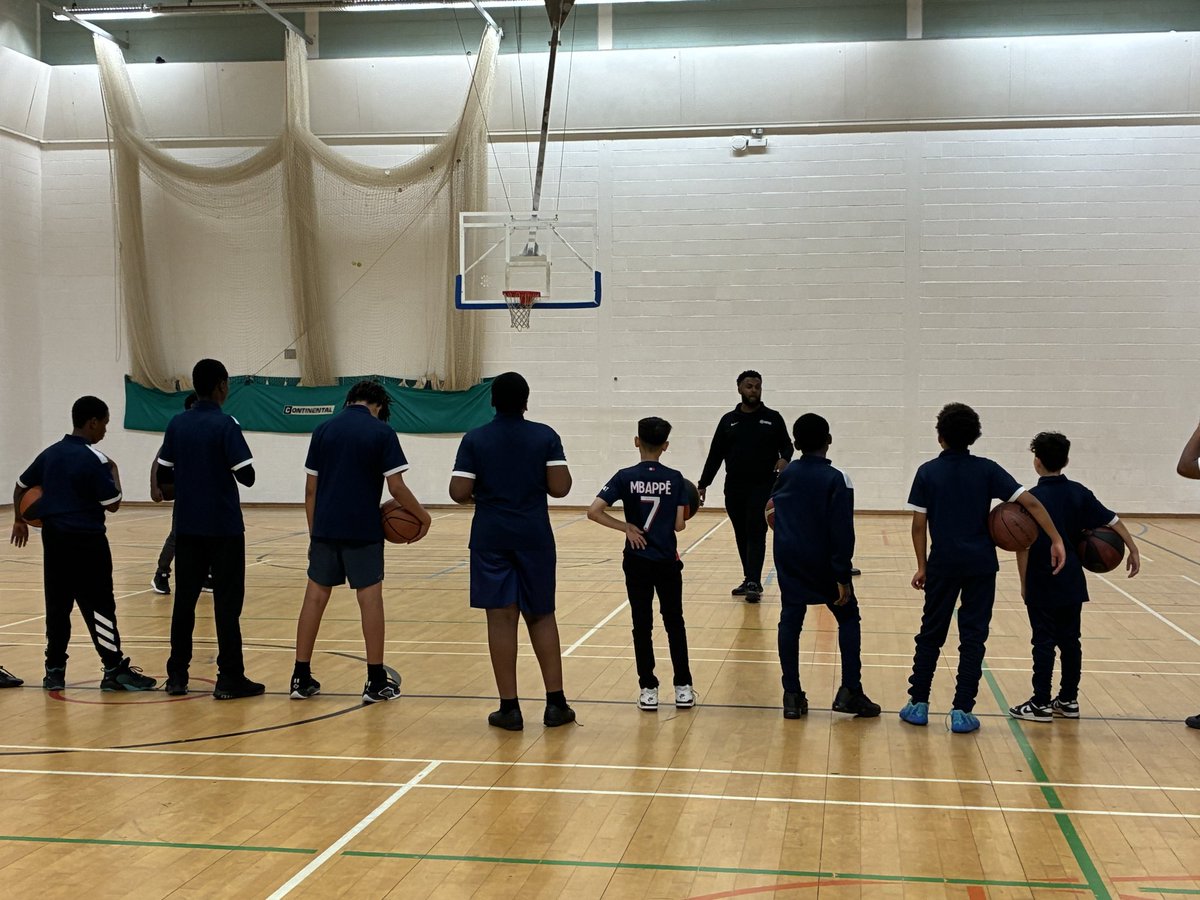Revision Guidance
All of our Year 11 students have been provided with training on how to remember more and how to complete effective revision.
Outlined below is a summary of this training that can serve as a reminder for students but also as a support to parents in how they can help their child with their revision.
How to remember more
Our brain is not good at remembering things! Below is a guide on how we remember information and ways that we can help our brain to remember more as we prepare for our GCSEs.
1. We hear or see something new and our brain tries to store it in our short term memory. Every time this happens our brain becomes busy with what is called cognitive load. Here, our brain is pretty clever, and it can take in about seven things at once. However, the more we reduce the number of things our brain is trying to learn, the more we are able to remember.

Learning point 1: Reduce the amount of things going on around you to remember more. Put your phone away. Find a quiet space. Remove unnecessary things from your desk.
2. Now we know our brain can only take on a few pieces of information at one time, we can also try to reduce the information we take on even more by building routines that can support this. For example, if I have already made a revision timetable, I don’t have to spend some time each day thinking about what I am going to revise. If you place your revision notes or flashcards in organised locations, you don’t have to think about searching for them. We also know that getting a good sleep and having a healthy diet helps our brain to take on and hold information.
Learning point 2: Get organised so that your brain has to think about less. Make a revision timetable, store your revision notes in separate folders for each subject, keep your flashcards in the same place each day stored in subjects. Get a good sleep and eat well!
3. Once you have seen or heard something your brain starts to transfer this information into your short term memory. The first two steps have been about giving your brain the best chance of taking on new information, this next step is about trying to keep hold of that information in your brain – transferring it from our short term memory to our long term memory.
This graph tells us that if you don’t regularly test and review knowledge you have gained, over time, you will forget it. So how can we stop this from happening?

Learning point 3: If you don’t regularly test and review knowledge you have gained, over time, you will forget it.
4. Stopping our brain from forgetting information can be done in lots of different ways, but here are some key suggestions that will help with your revision:
Set reminders. Write notes and leave them where you'll see them. For example, post a sticky note on your bathroom mirror to remind you of key points from your revision the night before. You can also use the alarm on your phone, reminding you of the subject you are revising that evening – but remember to put it away once revision begins!
Chunk information. For example, look at the way this document has been made. There are summary points under each paragraph – this is an example of ‘chunking’ information into manageable and memorable amounts. Each learning point is also numbered to help your brain know how many points you are trying to remember. Another example, rather than memorising a whole phone number at once, memorise the first three numbers of a phone number, then the next three, then the last four. "The brain has an easier time paying attention to quick, small chunks of information than long unwieldy strings of information, especially if that information has no logical sequence," Dr.Joel Salinas – Neurological Scientist.
Repeat, repeat, repeat. For example, you learnt about cognitive load for the first time today. After school today, tell a friend or family member what cognitive load is. Tomorrow, write down what cognitive load is. Next week, write down the definition again and compare it to the first time you wrote it. In a month, write it down and compare again.
Picture it. For example, if you are trying to remember this quote from Pigeon English, ‘…you all want to be the sea. But you’re not the sea, you’re just a raindrop.’ Have a sketch next to it like this:

Putting this into practice
Follow these steps to help you apply our learning today:
- If you haven’t already done so, make a revision timetable. When doing this, give priority to the subject areas you feel least confident in. You can use the template below to help you with this.
- Prepare your study space – you want a quiet, organised area where you know you won’t get distracted. Put your phone away! Have some water next to you! Have all your revision resources next to you.
- Use the ‘How to use a revision guide’ document to guide your revision when using a revision guide.
|
|
Monday |
Tuesday |
Wednesday |
Thursday |
Friday |
Saturday |
Sunday |
|
40 minutes |
Maths |
English |
Maths |
History |
Science |
Maths |
English |
|
40 minutes |
Science |
Business |
Computer Science |
RS |
History |
Business |
RS |
|
40 minutes |
|
|
|
|
|
Computer Science |
Science |
|
40 minutes |
|
|
|
|
|
English |
French |
|
40 minutes |
|
|
|
|
|
French |
Maths |
To support students in accessing all revision resources needed, all students have been provided with revision guides in their subject areas.
In their Microsoft Teams areas in every subject they will also find a folder that looks like this:

Within this you will find:

If you or your child have any questions or concerns regarding how to revise or how to access the resources they need then please do not hesitate to contact our Assistant Principal Mr Jellis at w.jellis@harrispeckham.org.uk.






















